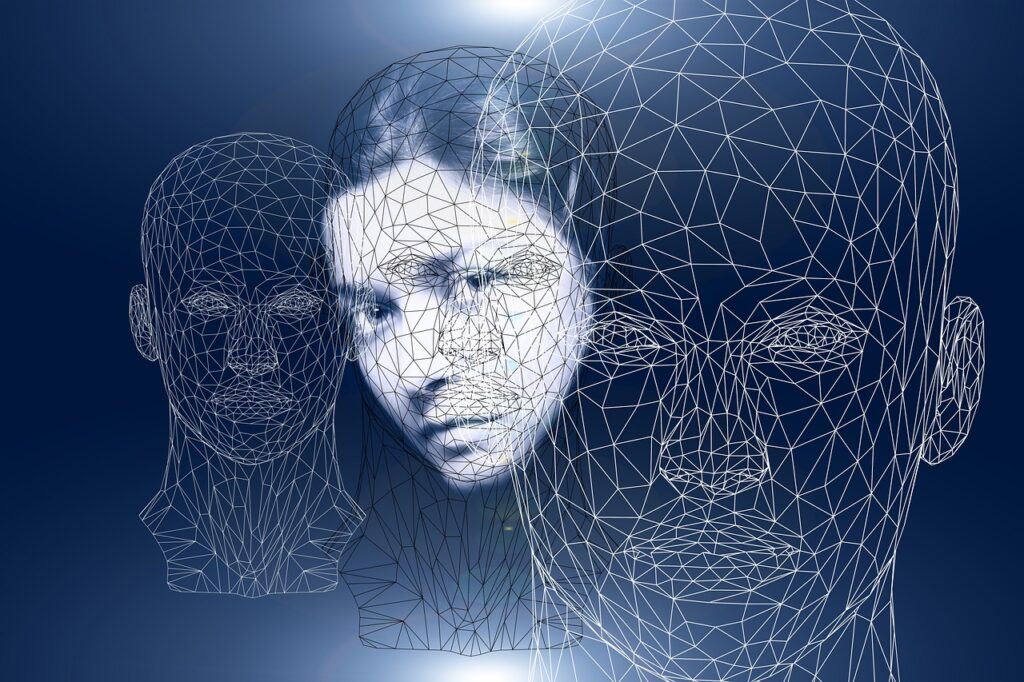Understanding Rogerian Psychotherapy: A Client-Centred Approach to Healing
Rogerian Psychotherapy, also known as Person-Centred Therapy, was developed by Carl Rogers in the mid-20th century. It is a humanistic approach to therapy, emphasising the innate potential for growth, healing, and self-understanding that exists within every individual. Unlike more directive forms of therapy, Rogerian psychotherapy operates on the belief that clients are the experts on their own lives and experiences.
In this blog post, we’ll dive into the principles, techniques, and benefits of Rogerian therapy, exploring why it remains one of the most widely used therapeutic approaches today.
The Core Principles of Rogerian Therapy
At the heart of Rogerian psychotherapy are three essential principles: empathy, unconditional positive regard, and congruence. These elements form the foundation of the therapeutic relationship and create an environment where the client can feel safe, understood, and accepted.
- Empathy
Empathy in Rogerian therapy involves the therapist’s deep and genuine effort to understand the client’s thoughts, feelings, and experiences from their perspective. This goes beyond just hearing what the client says—it’s about truly grasping the emotional experience behind their words. By reflecting the client’s feelings back to them in a non-judgmental way, the therapist fosters a sense of connection and understanding that encourages self-discovery. - Unconditional Positive Regard
Unconditional positive regard means that the therapist accepts the client without judgment or conditions. Regardless of the thoughts, feelings, or behaviours the client shares, they are met with warmth and acceptance. This creates a safe space where clients feel free to express themselves without fear of rejection or disapproval. Over time, this acceptance helps clients develop greater self-acceptance and reduces the negative self-judgment that often hinders personal growth. - Congruence (Authenticity)
Congruence refers to the therapist’s ability to be genuine and authentic in the therapeutic relationship. Instead of maintaining a detached or overly formal demeanour, the therapist is honest and transparent with the client. This authenticity fosters a trusting and open relationship, helping the client feel more at ease in sharing their true thoughts and emotions. It also models the importance of honesty and openness for the client, encouraging them to be more authentic with themselves.
The Role of the Therapist in Rogerian Therapy
One of the defining features of Rogerian psychotherapy is that it is non-directive. Unlike other therapeutic models where the therapist may guide the client toward specific solutions or interpretations, in Rogerian therapy, the therapist acts as a supportive companion. The client leads the conversation, and the therapist’s role is to listen actively, reflect emotions, and ask open-ended questions that help the client explore their own thoughts and feelings more deeply.
This client-led approach is based on the belief that individuals have the capacity to solve their own problems when given the right environment. The therapist trusts in the client’s ability to discover their own answers and believes that the process of self-exploration is healing in itself.
How Does Rogerian Therapy Work?
A typical Rogerian therapy session might begin with the client discussing whatever is on their mind, without any agenda set by the therapist. The therapist listens attentively, often reflecting back what they hear in terms of emotions and underlying issues. For example, if a client says, “I feel like I’m constantly failing in my job,” the therapist might respond, “It sounds like you’re feeling discouraged and maybe questioning your abilities. Is that right?”
This reflective process helps the client feel understood and can also help them clarify their own thoughts and feelings. Over time, clients often experience increased self-awareness, self-acceptance, and confidence in making decisions that align with their true values.
Benefits of Rogerian Psychotherapy
- Self-Exploration and Self-Acceptance
Rogerian therapy provides a safe and non-judgmental environment where clients can explore their deepest thoughts and emotions. As they feel accepted by the therapist, they often become more accepting of themselves. This increased self-awareness and self-acceptance can lead to greater emotional well-being and reduced internal conflict. - Empowerment and Personal Growth
Because the therapy is client-led, it empowers individuals to take control of their own lives. Instead of relying on the therapist for answers, clients learn to trust their own instincts and make decisions that align with their true selves. This sense of empowerment often leads to significant personal growth. - Reduction in Anxiety and Depression
By fostering an environment of acceptance and empathy, Rogerian therapy can help reduce feelings of anxiety and depression. Clients often report feeling lighter, more hopeful, and more at peace after expressing their emotions and being met with understanding rather than judgment. - Improved Relationships
As clients develop greater self-acceptance and authenticity through therapy, they often find that their relationships improve. When they become more comfortable with themselves, they can also engage more authentically with others, leading to deeper, more meaningful connections.
Who Can Benefit from Rogerian Psychotherapy?
Rogerian therapy can be effective for a wide range of individuals, including those dealing with:
- Anxiety
- Depression
- Low self-esteem
- Relationship difficulties
- Life transitions
- Identity issues
- Grief and loss
It’s particularly beneficial for people who are looking for a therapeutic space where they can feel heard, validated, and understood without pressure to change or meet certain expectations.
In Summary
Rogerian psychotherapy is a compassionate, humanistic approach that places the client at the centre of their healing journey. Through empathy, unconditional positive regard, and authenticity, therapists create an environment that encourages self-exploration, self-acceptance, and personal growth. By trusting in the client’s innate ability to find their own solutions, Rogerian therapy empowers individuals to live more authentic, fulfilling lives.
If you’re looking for a therapy model that provides a supportive, non-judgmental space for personal growth, Rogerian psychotherapy could be the right choice for you. It’s not just about healing—it’s about discovering the person you were meant to be.



